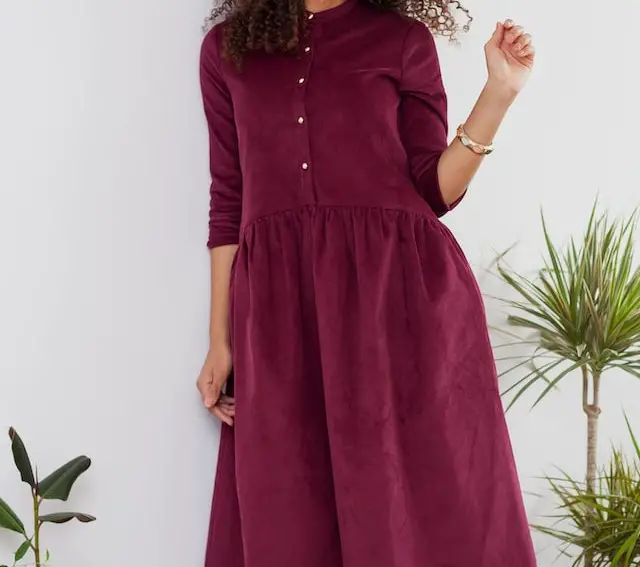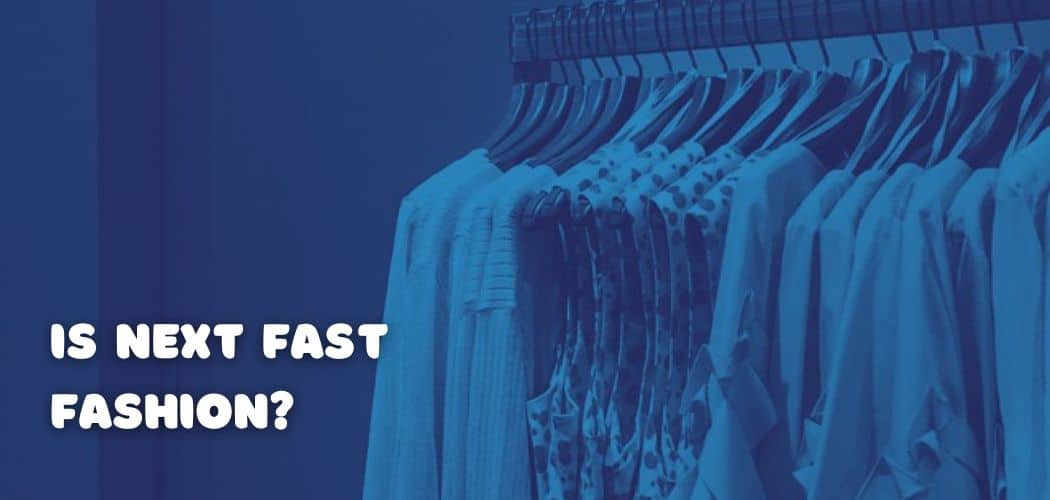Next is a British clothing, footwear, and home products retailer founded in 1864. For more than 150 years, Next has been serving consumers.
Next is a multinational retailer store chain having 500+ stores in the United Kingdom and 200 stores in the rest of the world. In total the count of Next stores goes beyond 700.
Next is quite a famous retail store chain. The big and well-known brands have partnered with Next to have their products in Next outlets.
Still, Next doesn’t have any products under its name. Instead, it sells the products of other brands. Customers would get thousands of products at Next coming from different brands.
Therefore Next doesn’t fall in any fashion category. It serves as a gateway between consumers and brands like any departmental store.
Does Next Own any brands?
Next has acquired some brands which manufacture products exclusively to sell in the Next outlets. The brands in the contract with Next are Victoria’s Secret, Gap, Kendall, etc.
Besides this, Next also manages the websites of various brands to market their products, but it doesn’t sell any products labeled explicitly as Next.

As Next is quite popular in the UK and the world as well, therefore it’s a priority of brands to have in-house stores in the Next outlets because a massive number of consumers shop from Next.
The presence of any brand inside the Next supermarket would boost the sales of that brand enormously.
Is Next Eco Friendly?
Next sells a wide range of products from fashion apparel, sportswear, beauty products, and home decor to electronic devices and even musical instruments.
A customer can get all the products of fashion and lifestyle from Next. However, some brands selling at Next would be eco-friendly, and some would not.
Next, itself doesn’t lie in the eco-friendly or non-eco-friendly category. Instead, It is the brands, whether they are eco-friendly or not.
Clothing, cosmetics, and shoe brands are not supposed to be eco-friendly. Meanwhile, groceries, medicines, etc., are somehow ethical.
Where are Next`s products manufactured?
The products of big brands are primarily manufactured in Asian and African countries. The apparent reason behind this is the low production costs.
However, most products available inside Next outlets are owned by well-known brands.
Therefore they also get their products manufactured from developing countries like China, India, Bangladesh, etc.
In developing countries, raw material is bought at low prices, and laborers are hired at meager wages.
Contrary to this, labor wages in European and Developed countries are higher than in developing countries.
The products of brands owned by Next or those of other brands available at Next outlets are manufactured in developing countries of Asia and Africa.
Is Next exploiting laborers?
Next isn’t involved directly in any exploitation of the laborers. Instead, the brands working with Next somehow exploit the laborers.
Almost every brand has installed manufacturing plants in developing countries like China and India.

However, the wages in these countries are meager. The salaries are low, and laborers are forced to work maximum daily hours to achieve high production.
In this way, Next indirectly exploits the laborers because these big brands are supposed to deliver a considerable number of products throughout the Next outlets worldwide.
How Does Next’s business model work?
The business model of Next is simple yet profitable. It’s like the Next has given a platform to brands to come and sell their products.
The brands have their marketing strategies and marketing budgets, but this marketing of having an in-house store inside Next`s outlet has a more significant impact.
Next has provided everything to consumers under one roof; therefore, consumers shop frequently from Next because they have everything in one place.
Next retail store chain is a pretty successful model and perhaps the first in Europe, later replicated by the entire West.
Next generates a revenue of more than 3 billion pounds every year and almost every brand, big or small, would be present in the Next`s outlets.
Is Next sustainable?
Next is not the name of a single product or a brand; instead, it is the entire universe of products.
Different brands own different products, but one thing is for sure most products are unsustainable for the environment.

When manufactured, products like garments, shoes, and cosmetics create an imbalance in the environment by polluting the air, water, and soil altogether.
The pollution caused by earlier mentioned products creates an unsustainable habitat for numerous species. Some of the species have come on the verge of going extent.
The production of these products causes nothing but imbalance and unsustainability in the environment.
However, Next promotes the sale of such unsustainable products. Therefore Next isn’t also supposed to be sustainable.
What are the alternatives to Next?
Next is the largest departmental store retail chain in the UK, but it doesn’t mean it is the most ethical or best.
Consumers should never run out of options. Therefore we help out our readers by giving them more choices.

We have enlisted names of a few departmental store retailer chains that are probably better than the Next.

